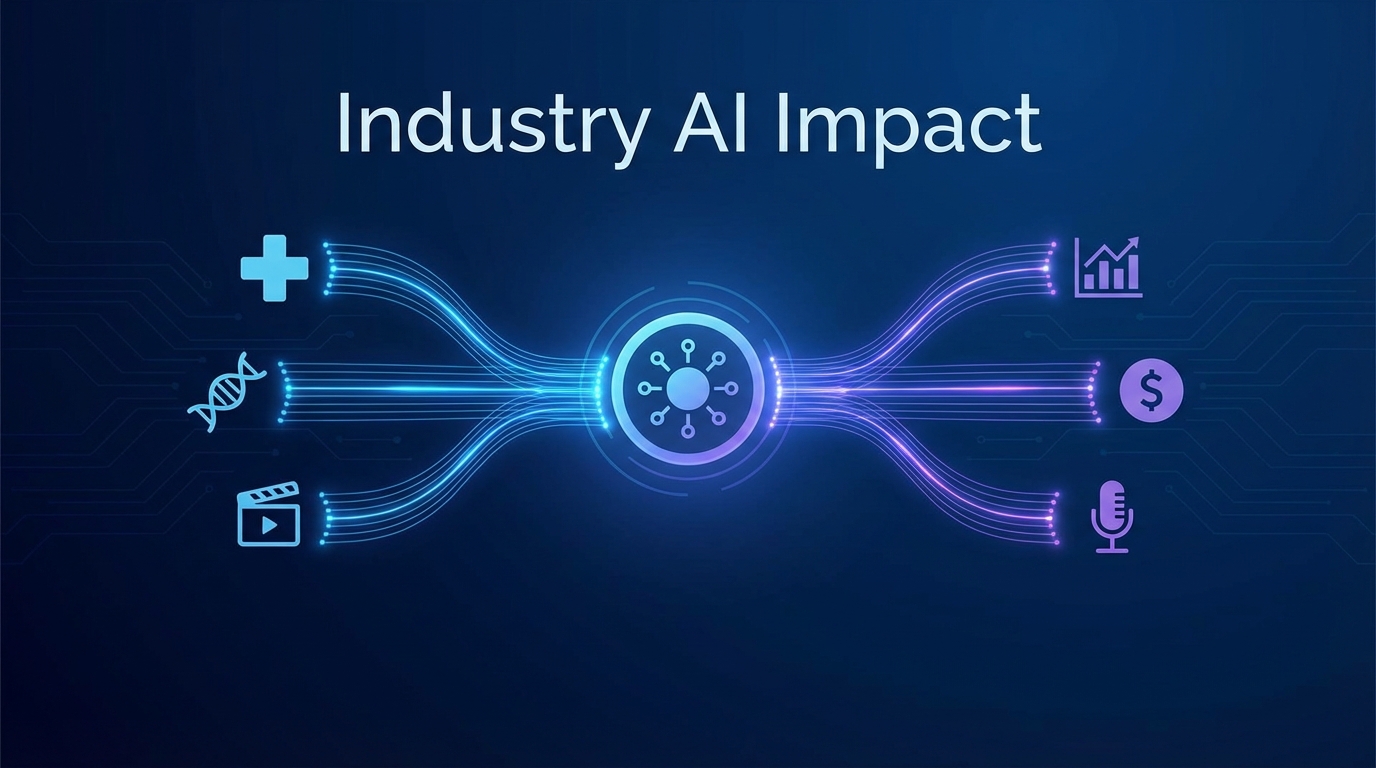Impact of EU AI Act on Industries
A Sector-by-Sector Compliance Outlook

The EU AI Act signals a tightening of privacy laws and comprehensive new rules for high-risk sectors. Here is how it will impact key industries.
Hiring and Employment
AI rankings for applicants must now undergo bias audits. Candidates will be notified of AI use and have the right to appeal automated decisions that feel unfair.
Healthcare
Patient outcomes may improve, but strict oversight is coming to prevent discrimination. Mental health AI will require specific monitoring, and human judgment must remain central to care.
Government and Politics
Disclosures will be mandatory for AI-generated political content. Using AI to process ballots is likely to be banned to prevent hacking or systemic bias.
Media and Advertising
"Synthetic media" (audio/video) must be clearly labeled. There are also emerging restrictions on replacing human actors with AI avatars without clear consent.
Insurance
Automation in risk analysis will require proof of non-discrimination. Proxies for race or class (like zip codes or income levels) will be under intense scrutiny.